Understanding Hydraulic Motor Controllers
Hydraulic motor controllers are integral components in modern machinery, playing a crucial role in the precise operation of hydraulic systems. These devices regulate the performance of hydraulic motors, which convert hydraulic energy into mechanical energy. The controller's primary function is to manage the hydraulic motor speed control, ensuring that the motor operates within the desired parameters for optimal performance.
Types and Applications
There are various types of hydraulic motor controllers designed to suit different applications. From industrial manufacturing equipment to heavy-duty construction machinery, these controllers facilitate the smooth operation of hydraulic systems. They are commonly employed in sectors where precise motion control is essential, such as in agricultural machinery, marine applications, and aerospace technology.
Features and Materials
The construction of a hydraulic motor controller involves robust materials that can withstand high pressure and resist corrosion. Features may include thermal stability, resistance to wear and tear, and compatibility with various hydraulic fluids. These features ensure that the controllers can maintain their functionality and reliability over time, even in harsh working environments.
Advantages of Hydraulic Motor Controllers
Utilizing a hydraulic motor controller in a system offers several advantages. They provide precise control over motor speed and torque, contributing to the efficiency and longevity of the hydraulic motor. Additionally, they can improve the overall safety of the machinery by ensuring that the hydraulic motors operate within safe limits, reducing the risk of malfunctions or failures.
Selection Considerations
When selecting a hydraulic motor controller, it is important to consider the specific requirements of the application, such as the range of motor speed control needed and the environmental conditions it will be exposed to. Buyers should also evaluate the compatibility of the controller with their existing hydraulic system to ensure seamless integration.
Integration with Hydraulic Systems
Integrating a hydraulic motor controller into a hydraulic system requires careful consideration of the system's parameters and the controller's specifications. The compatibility of the controller with the hydraulic motor and the system's pressure and flow requirements are critical factors that influence the efficiency and effectiveness of the control mechanism.
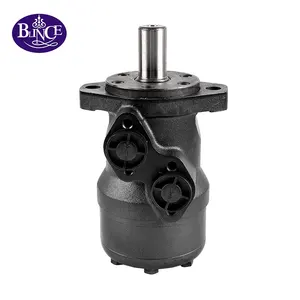








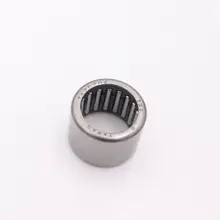






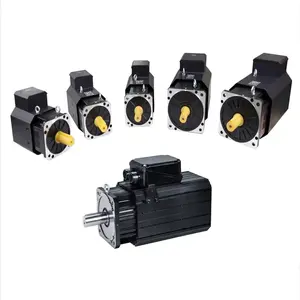


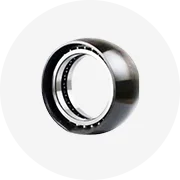

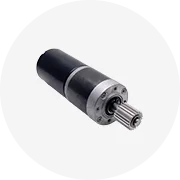


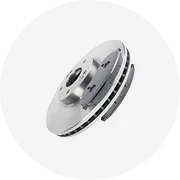










 浙公网安备 33010002000092号
浙公网安备 33010002000092号 浙B2-20120091-4
浙B2-20120091-4